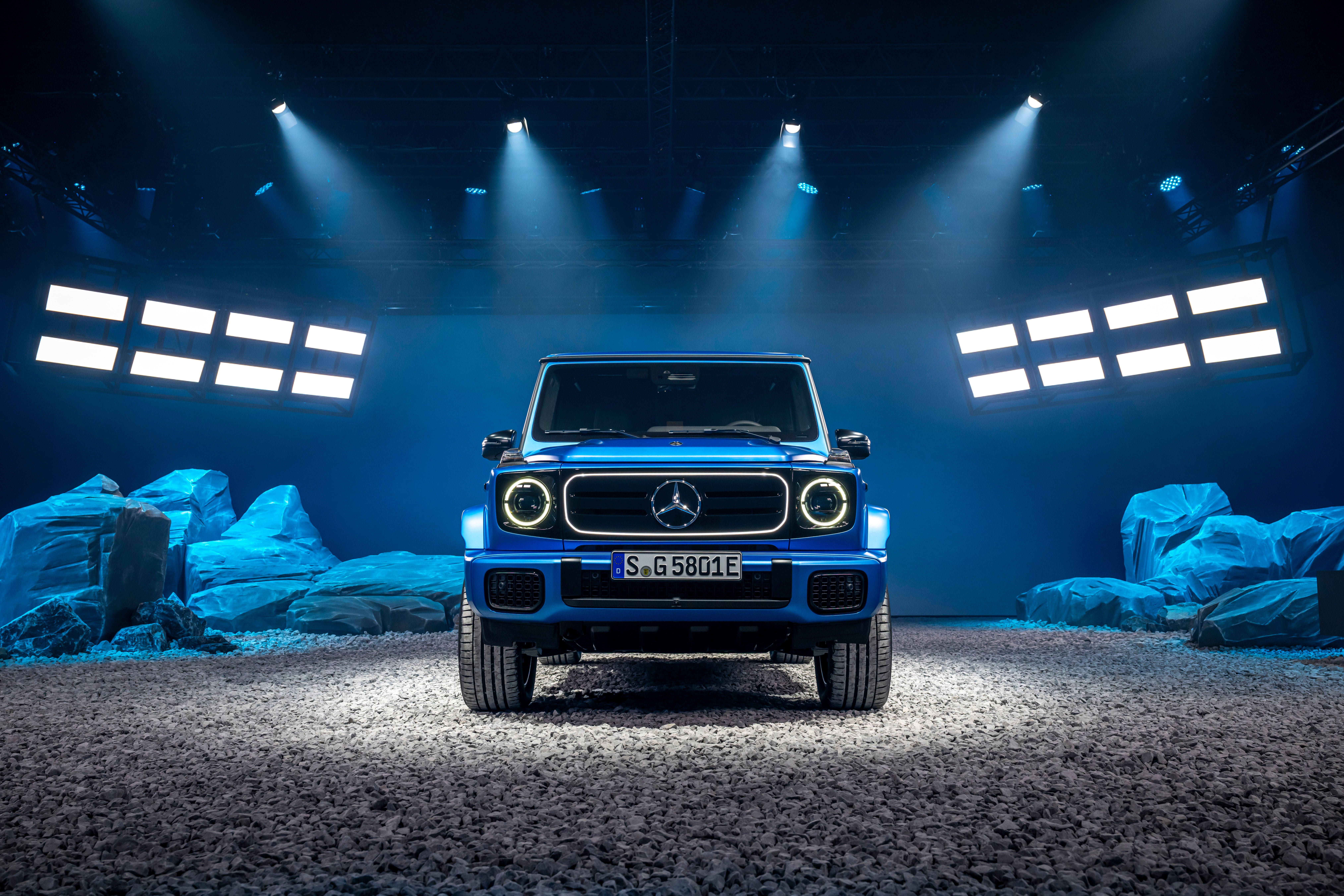This Is Why High-End Electric Cars Are Failing
High-end electric cars, despite their initial popularity, are facing challenges in the market due to several factors.
Firstly, the cost of high-end electric cars is prohibitive for many consumers, leading to low sales volumes.
Additionally, the lack of charging infrastructure in many areas makes owning a high-end electric car impractical for those who do not have access to reliable charging stations.
Range anxiety is another major issue that is preventing widespread adoption of high-end electric cars, as many consumers are concerned about running out of battery power while on the road.
The limited variety of high-end electric car models available on the market also gives consumers fewer choices compared to traditional gasoline-powered vehicles.
Furthermore, the perception of electric cars as less powerful and lacking in performance compared to traditional cars is a common misconception that deters potential buyers.
High-end electric car manufacturers also face stiff competition from traditional luxury car brands that are incorporating electric options into their lineup.
In addition, concerns over the environmental impact of producing electric car batteries and the sustainability of electric car technology play a role in the hesitance of consumers to switch to high-end electric cars.
Overall, while high-end electric cars offer many benefits such as being environmentally friendly and cost-effective in the long run, the current challenges they face may be hindering their success in the market.





